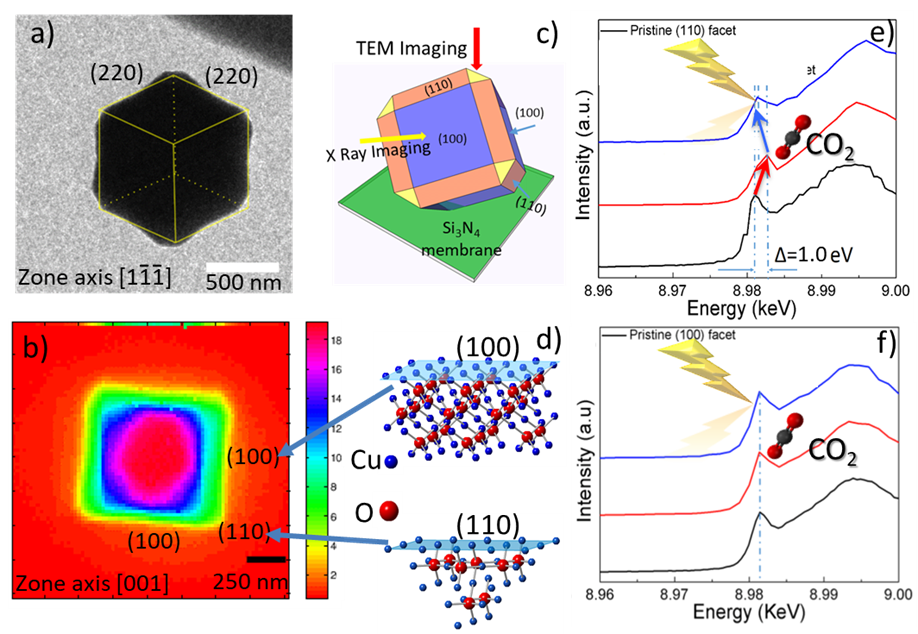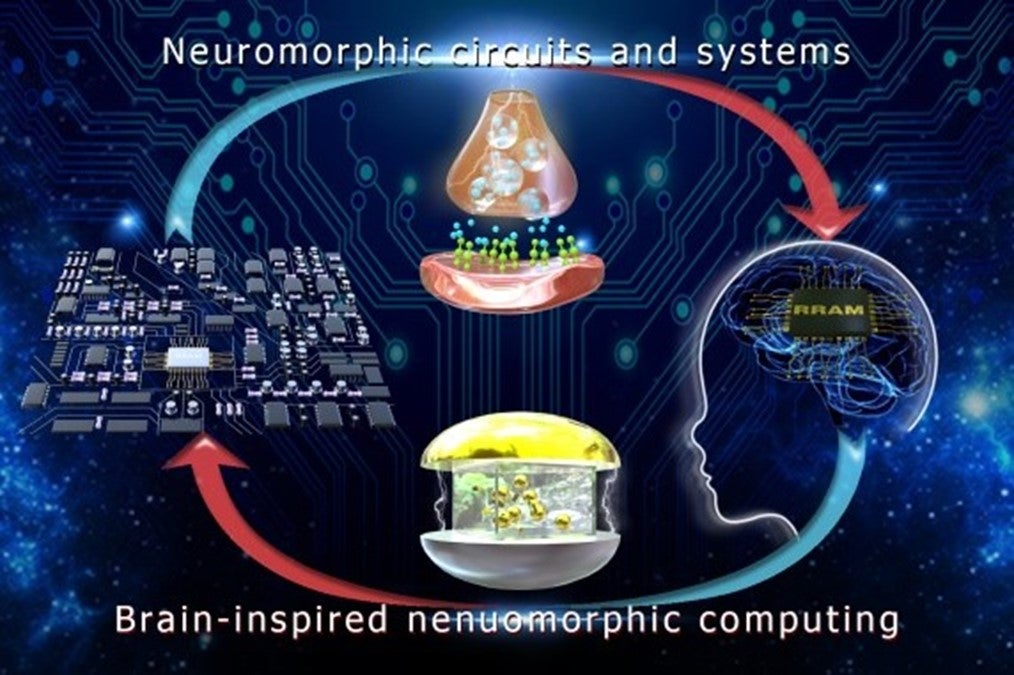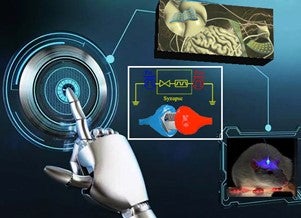Our materials interface research is completed in conjunction with partners from industry, government, and other researchers to ensure we find the right solutions. Our Mechanical and Mechatronics Engineering labs and the wider University of Waterloo often partner together to bring the right expertise and research. Find out more, if you'd like to partner with the Materials Interface Foundry.
Climate and Environment Research

Energy materials are key for energy conversion and storage, which provides a vital route for sustainable energy from a variety of sources. To design energy materials with high efficiency, high selectivity, and stability for energy conversion and storage is yet to come. By using state-of-the-art synthesis, in situ multimodal characterization techniques, and machine learning, it is expected to design transformative energy materials for solar fuels and batteries. READ MORE
Computing

Currently, 5% to 15% of the world’s energy is spent in data manipulation, transmission, or processing. For future artificial intelligence and big data analysis by machine learning, it needs a low power device with high power efficiency. The human brain is a million times more energy-efficient than conventional complementary metal-oxide semiconductor (CMOS) computing.
Neuromorphic computing is a new type of computing architecture to mimic the function of the human brain. The goal of our research is to develop novel electronic and photonic materials and devices for energy-efficient neuromorphic computing and invent processes and technologies to fabricate such devices and circuits. READ MORE
Sensing Research

As the world transforms into the era of the Internet of Things (IoT) and 5G wireless, technology innovation enables industry to offer a more individually tailored approach to health care with more successful health outcomes, higher quality, and low cost. However, empowering the utility of IoT enable technology in personalized health care is still a significant challenge by the shortage of effective wearable sensors and soft robotics to continuously provide real-time, personalized health data.
By using state-of-the-art synthesis and in situ multimodal characterization techniques, plus machine learning, it is expected to design disruptive electronic, photonic and responsive materials for flexible electronics and soft robotics. READ MORE

These examples are only several of our projects. There are many more types of opportunities and case studies. If you'd like to discuss partnering or sponsoring a research project in Materials Interface or would like more details: